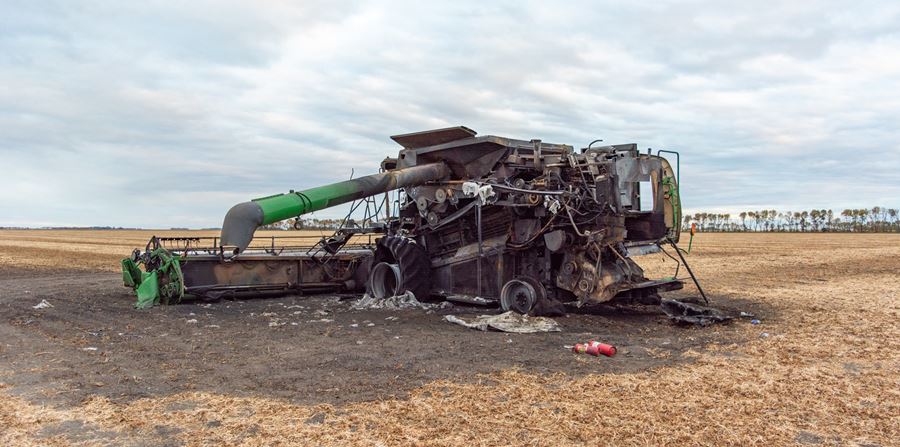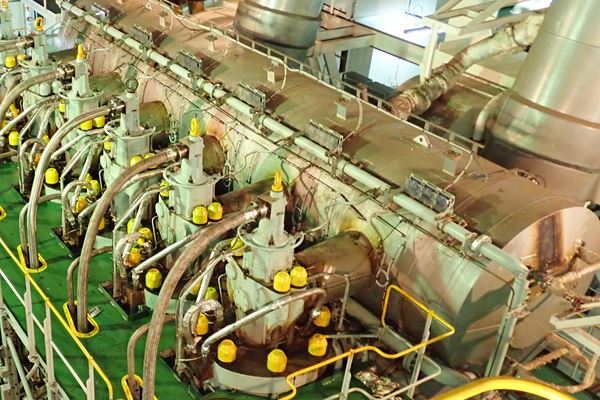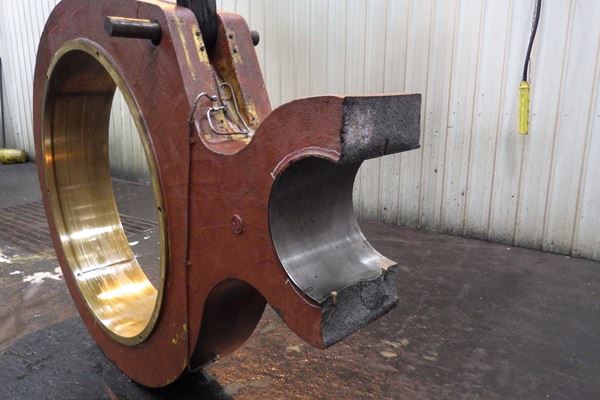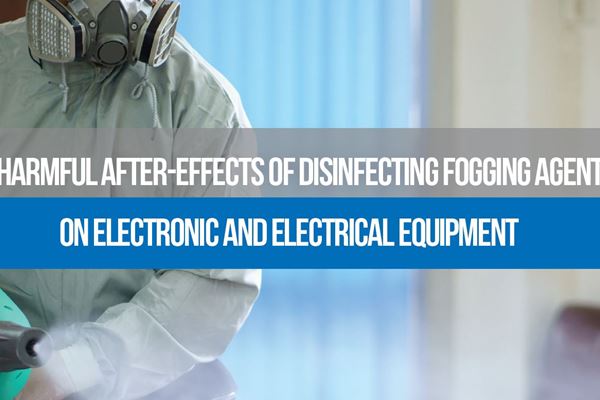Practical Strategies for Handling and Preventing Agricultural and Food Processing Losses

Agriculture and food processing sectors are not immune to operational losses, which when left unchecked, can lead to a significant dent in a company's profitability. In this blog, we shed light on practical strategies to handle and prevent these agricultural equipment losses effectively.
Navigating the challenges in the agricultural and food processing industry requires a deep understanding of potential risks such as equipment failures, fires, or water contamination. These unforeseen incidents can disrupt operations, leading to substantial financial losses. Our in-depth analysis will focus on the importance of regular equipment checks, maintenance record reviews, and detailed incident investigations. By doing so, businesses can mitigate the impact of these losses, ensuring continued operations and sustained profitability.
Understanding Agricultural and Food Processing Losses: A Guide to Claims and Prevention
Agricultural losses can occur in many ways, from equipment failure to natural disasters. It is also crucial to understand the operation of the agricultural equipment and its maintenance history.
Common agricultural loss causes include fires, electrical issues, lightning strikes, wind and rain damage, and even rodent infestations, which can be caused by maintenance issues or operator deficiencies. Understanding these common causes can help in the prevention and mitigation of future losses.
Food processing losses, on the other hand, can be caused by a variety of factors. These can include equipment failure, contamination, crashes, lightning, and power surges. When these losses occur, it's important to establish a baseline for the cost of a new, like-kind quality unit. This can help in determining whether a piece of equipment should be repaired or replaced.
In some cases, it may be more cost-effective to order new equipment right away, especially if business interruption losses are being incurred. However, it's also important to consider the possibility of sourcing used or rental equipment to reduce or eliminate these losses. Additionally, if the equipment is going to be replaced, it's important to confirm whether there's any salvage value for the incident machine.
Understanding the Equipment Decontamination Processes
Another critical aspect is equipment decontamination, particularly following a fire or water contamination incident. This process involves collecting swab samples throughout the facility, having them analyzed by a lab, and comparing the results with industry-accepted equipment cleanliness standards. Based on this data, a recommended scope of equipment decontamination is generated, and appropriate vendors are contacted to provide estimates for the decontamination work.
In cases of total loss fires, the challenge lies in confirming the insured's equipment inventory that was on-site at the time of the loss. This involves an on-site inspection to confirm that all the equipment is indeed on-site in the rubble. It's also crucial to determine a fair and reasonable replacement cost value and often, an actual cash value for each equipment item.
In the agricultural sector, incidents such as a poultry house tornado or a lightning strike can cause significant disruption and financial loss. These incidents require a thorough investigation to determine the cause of the failure, whether it was due to natural disasters or other causes. The findings from these investigations can help in determining the compensation that the company may be entitled to from their insurance provider.
To encapsulate, a comprehensive understanding of agricultural and food processing losses is indispensable in the B2B marketing sphere. This knowledge, encompassing the claim process, the common causes of losses, and the cost implications of equipment repair or replacement, equips marketers to communicate effectively about these losses. The result is an effective strategy for the prevention and mitigation of future losses, which ultimately contributes to a healthier bottom line.
Moreover, managing unexpected incidents in a business environment necessitates a thorough and systematic approach. Each stage, from assessing the business interruption loss to equipment decontamination and replacement cost valuation, is integral to ensuring swift recovery and resumption of normal operations. It's an intricate process, but with the right expertise and strategy, it's a challenge that can be handled effectively.
Our experts are ready to help.





